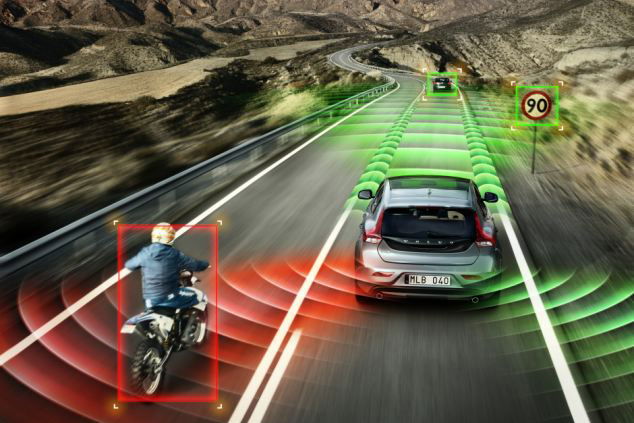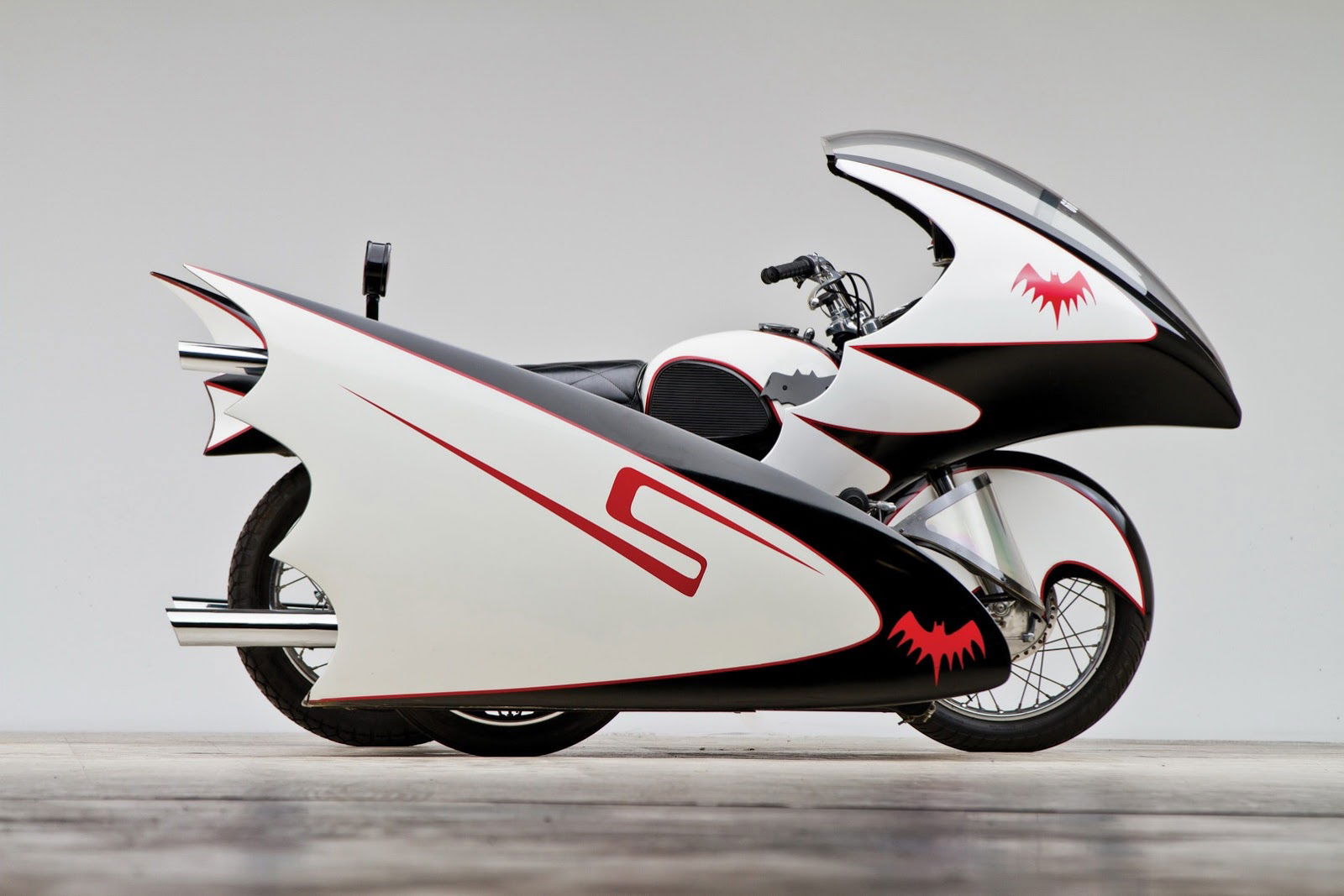Could Volvo develop a car you can't crash?
Is this the end of SMIDSY? The Swedes seem to think so


SWEDISH car giant Volvo has announced that it is developing 'no death' cars that drive themselves and are impossible to crash.
Volvo's head of government affairs Anders Eugensson said: ‘Our vision is that no one is killed or injured in a new Volvo by 2020.'
The computerised vehicles will apparently be fitted with high-tech sensors and will 'refuse to be steered' into other objects. In order to achieve this, the vehicles will employ a network of cameras, lasers and sensors that assess the road 'as a driver would'. Inside the car, technology will track the driver, monitoring variables like whether or not he/she is struggling to stay awake.
Eugensson described it in the following (strange) way: 'The car of the future will be just like the farmer's horse.
'The farmer can steer the horse and carriage but if he falls asleep the horse can still take him back home.
'And if the farmer tries to steer the carriage against a tree or off a cliff, the horse will refuse.'
2014 should see the release of the first batch of autonomous vehicles capable of driving up to 50kmph, with the technology expected to be used initially in heavy traffic.
The consequences for motorcyclists could be facinating, as theoretically Volvo's innovation could reduce the chances of not being seen by the driver to almost zero (theoretically, of course.)
The ultimate vision is that all cars will connect to each other wirelessly, allowing them to adjust with mathematical precision to each other's movements, creating a 'road train' of cars driving in unison. According to Volvo, the smoother journey would cut fuel consumption by 20 per cent and free up the driver to use dead motorway time productively (or unproductively...) Volvo are actively developing the road train commuter car system, which would allow lines of up to six cars to drive autonomously almost bumper to bumper.
Commentators are suggesting that the biggest hurdle facing Volvo's vision is not the technology itself, but public uptake and the potential legal ramifications of their 'no crash' car. Efforts are currently being undertaken to amend international law, removing existing blocks on fully autonomous vehicles (chiefly the Vienna Convention on Road traffic which states that the driver must be in control of the vehicle at all times.)
Volvo have traditionally sold themselves on the safety of their vehicles, and pioneered safety innovations like the three point seatbelt. Although they are not the only manufacturer developing this technology, Volvo appear to have staked the most on its success.
Having sold just 436,000 vehicles last year and expecting a further drop in sales this year, Volvo need their autonomous philosophy to bear fruit. They are not expecting to break even and have cut production both in Sweden and in Belgium. Volvo were bought by Chinese corporation Zhejiang Geely Holding Group for US$1.3 billion in 2010 since which market conditions for the 85-year old Swedish company have been difficult.

